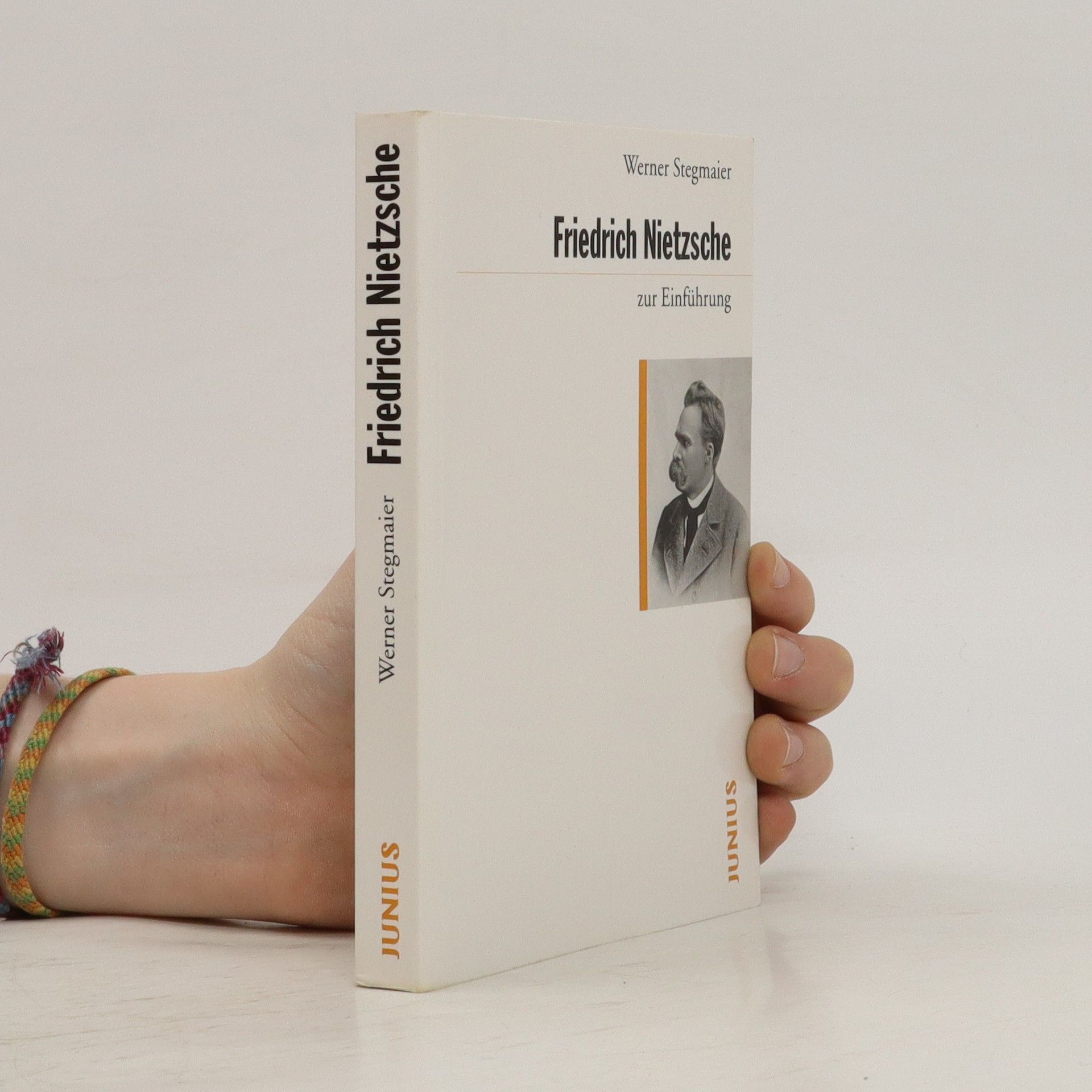Emmanuel Levinas zur Einführung
- 249pages
- 9 heures de lecture
Die Erfahrungen des Holocaust haben Emmanuel Levinas (1906- 1995) das Verhältnis des Menschen zum Anderen auf radikal neue Weise denken lassen. An die Stelle von abstrakten, übergreifenden ethischen Normen sollte die unmittelbare Begegnung zwischen dem Ich und dem Anderen treten, von Angesicht zu Angesicht. Denn im Antlitz des Anderen spricht uns seine Schutzlosigkeit an und ruft uns zur Verantwortung. Levinas sah sich in seinem Philosophieren vor allem den Opfern des Holocaust verpflichtet, sein Werk unterscheidet zwischen griechisch-christlicher »Philosophie« in ihrer Ausrichtung auf eine letzte allgemeine Wahrheit und »Judentum« als Tradition einer nie abschließbaren Orientierung durch die Tora. Seinen Grenzgang zwischen diesen Denktraditionen zeichnet Werner Stegmaier in dieser klar geschriebenen Einführung nach.


